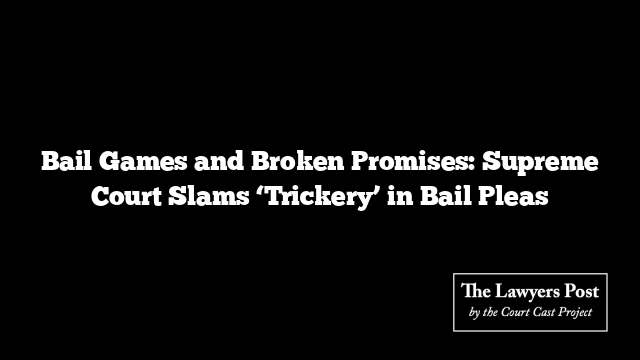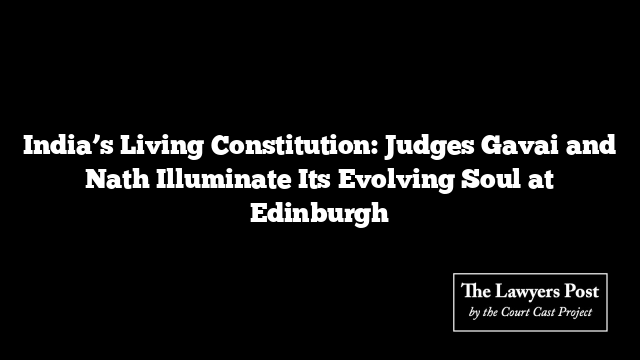The Supreme Court has fired a sharp warning shot at what it described as a growing “tactic” — parties securing bail by voluntarily offering large deposits, only to later cry foul and label the very conditions they proposed as excessive or unauthorized.
“We strongly deprecate this practice,” a visibly displeased bench of Justices KV Viswanathan and N Kotiswar Singh declared, calling it a breach of the sanctity of judicial proceedings. “We cannot allow parties to play tucks and tricks with the Court… we cannot permit parties to take advantage of a device resorted by them to secure orders of release.”
This judicial dressing-down came during the hearing of a bail dispute involving a CGST Act accused arrested in March 2025 for allegedly dodging taxes amounting to ₹13.7 crore.
Here’s how the case played out: before the Madras High Court, the accused’s counsel voluntarily offered that ₹2.8 crore had already been deposited and that another ₹2.5 crore could be added, “without prejudice.” Bail was granted accordingly, with a direction to cough up ₹2.5 crore (starting with ₹50 lakh).
But once out, the petitioner took a U-turn — returning to court to argue that the bail condition was too harsh and that the earlier statement had been made without proper authority.
This about-face did not amuse the apex court.
“What is troubling is when attempts are made to foreclose consideration of bail applications on merits by voluntarily offering deposits… and thereafter reneging on it,” the bench observed. “Today, the petitioner is approbating and reprobating.”
The Court underlined that the problem isn’t about challenging truly burdensome bail terms — it’s about voluntarily planting those terms in the first place, securing liberty, and later acting as though the Court imposed them out of nowhere.
Though it initially scrapped the High Court’s orders and sent the matter back for a fresh look, the Supreme Court ultimately softened its stance. Taking into account the petitioner’s personal circumstances — a pregnant wife and an elderly father — it allowed interim release as a temporary reprieve.
Still, the larger message was unmistakable: the country’s highest court won’t stand by as courtroom strategy is reduced to bait-and-switch.





